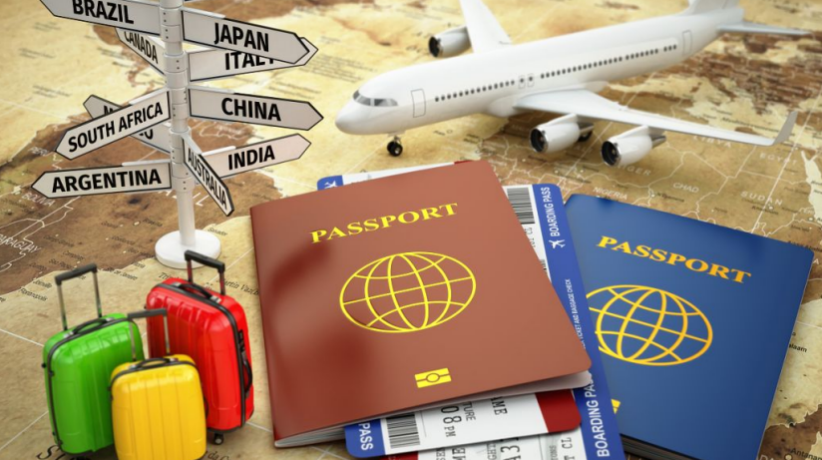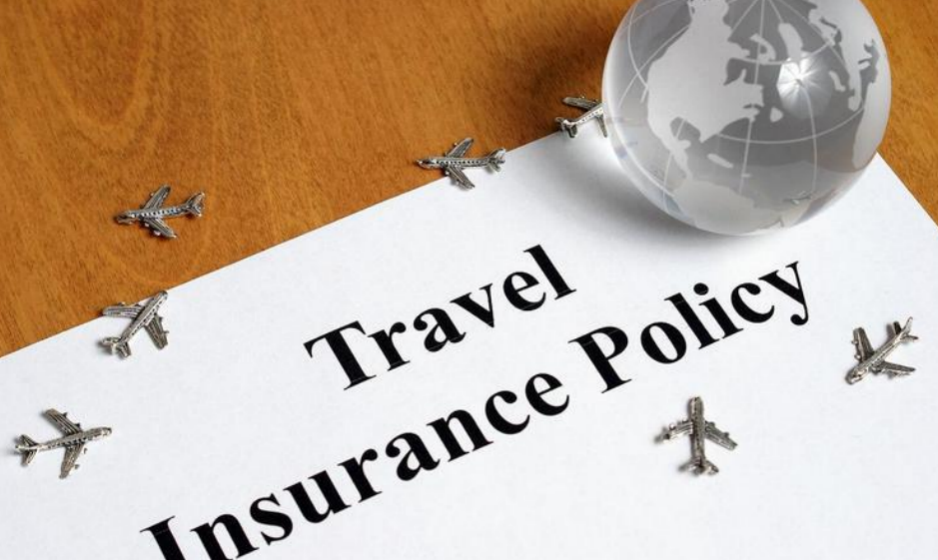Lounging in the sun on Italy's Amalfi Coast is one of life's pleasures until you twist your ankle on a cobblestone step and end up in a local hospital, with bills rolling in like crashing waves. Suddenly, that perfect vacation turns sour, worse than a burnt pizza. Never assume, "It won't happen to me." That's where international travel health insurance comes in. Think of it as a mosquito net— you might not need it every day, but when trouble comes buzzing, it could save you from a serious sting.

International travel health insurance is specifically designed to cover unexpected medical issues that happen abroad. Unlike basic travel insurance, which only covers things like cancelled flights or lost luggage, this coverage steps in when your body needs help. Whether it's a sprained ankle or a stomach bug, this plan picks up the tab for doctor visits, prescriptions, hospital stays, and even emergency medical evacuations back home. Many plans go further-covering emergency dental visits, trip interruptions due to illness, and sometimes even pre-existing conditions (though these often require add-ons). While some assume this kind of insurance must be expensive, decent plans often cost just tens of dollars, and even premium ones typically fall below a couple of hundred. When compared to a $10,000 hospital stay overseas, it's a small price for peace of mind. And if you're headed somewhere with limited medical access or planning riskier adventures like diving or skydiving, the value becomes obvious.
Take Anna, a graphic designer from Canada, for example. Her dream trip to Machu Picchu almost turned into a nightmare after a fall on the ancient stone steps. Luckily, she had a $150,000 international travel health policy. It covered her treatment, hospital stay, and even rebooking her flight home. "Insurance was meant to bring peace of mind," she later said, "but I never thought it would come to the rescue." Like Anna, you can purchase a plan through an insurance provider, travel agency, or comparison site. The key is picking the right one. Consider where you're going, how long you'11 stay, and what you'll be doing. Skydiving? Backpacking? Hopping from country to country? You 11 want a plan with higher coverage limits.

Insurance companies typically offer single-trip, multi-trip, or long-term options. When choosing, pay attention to the fine print. Does it include coverage for preexisting conditions? Selecting a policy is like choosing luggage; what fits one traveller may not work for another. Some need a simple "carry-on" plan for a weekend city break. Others need a heavy-duty "checked bag" type of policy that can handle a globe-trotting itinerary. So when you're packing your passport, sunscreen, and backup charger, add international travel health insurance to the checklist. If your trip includes adventurous activities, or if you're visiting 2 countries with sky-high medical costs. Don't skimp on coverage- consider at least $250,000 in protection. That way, if you need a helicopter rescue out of the mountains, you won't be left behind because of the price tag.

Buying travel health insurance isn't about expecting disasters about not being caught unprepared. Like buying an umbrella: you don't hope for rain, but you'll be glad you brought it when the skies open up.

Insurance and the Chinese Bagua Diagram: An Unlikely Yet Profound Connection

Travel Insurance for International Trips Comparison

Tax-Free Retirement Income: Leveraging Roth IRAs and Health Savings Accounts (HSAs)

Why did my premiums increase despite a clean driving record? Here's Why You Need to Know

From pet insurance to emotional protection: a new warm dimension of insurance

A Guide to Business Life Insurance: How Can Business Owners Use a Policy to Protect the Future?

No Gasoline Needed, Cars Can Run on This Energy Source
